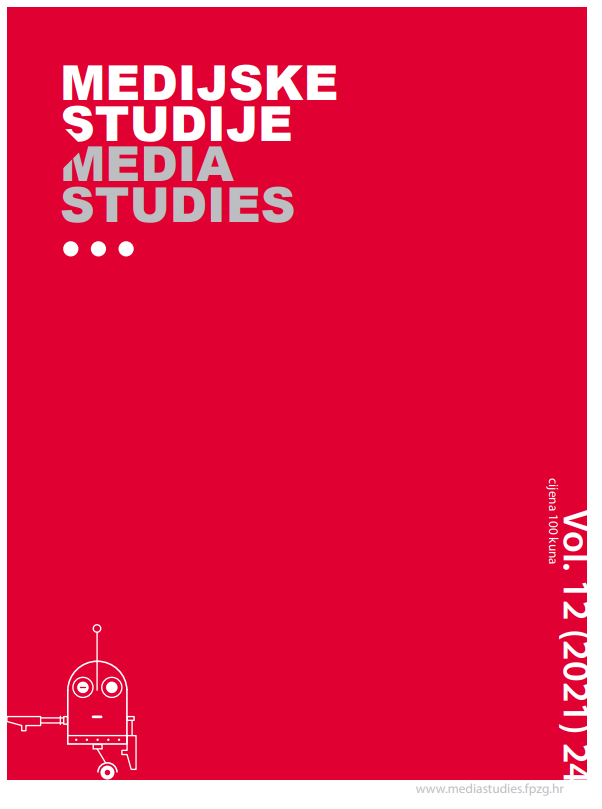Robotics for children: national policies and initiatives in three European countries
Keywords:
robots in education, coding & children, computational thinking, digital skills, media educationAbstract
This article explores the issue of introducing children between six and ten years of age to robotics and investigates the use of robots in schools and in extracurricular activities. The central questions are 1) whether and how the introduction of robotics is addressed in political strategies and educational policies (RQ1), and 2) what the main actors in the introduction of robots in educational settings are (RQ2). Therefore, a pilot study in three European countries (Austria, Lithuania, Romania) was conducted, which included an analysis of national policy strategies, as well as interviews with three stakeholders per country. The article illustrates the specificities of the investigated countries presented as case studies and discusses them in a comparative way. The findings show that the investigated countries’ educational policies aim at mirroring the Digital Agenda for Europe and that two opposite approaches to implementation of robotics (bottom-up vs. top-down) can be identified.
Downloads
Published
Issue
Section
License
Copyright (c) 2022 Christine W. Trueltzsch-Wijnen, Anca Velicu, Vilmante Liubiene

This work is licensed under a Creative Commons Attribution-NonCommercial-NoDerivatives 4.0 International License.
The author (or authors) is the copyright holder and retains publishing rights. Medijske studije journal is under the CC (Creative Commons) licence.
CC BY-NC-ND


